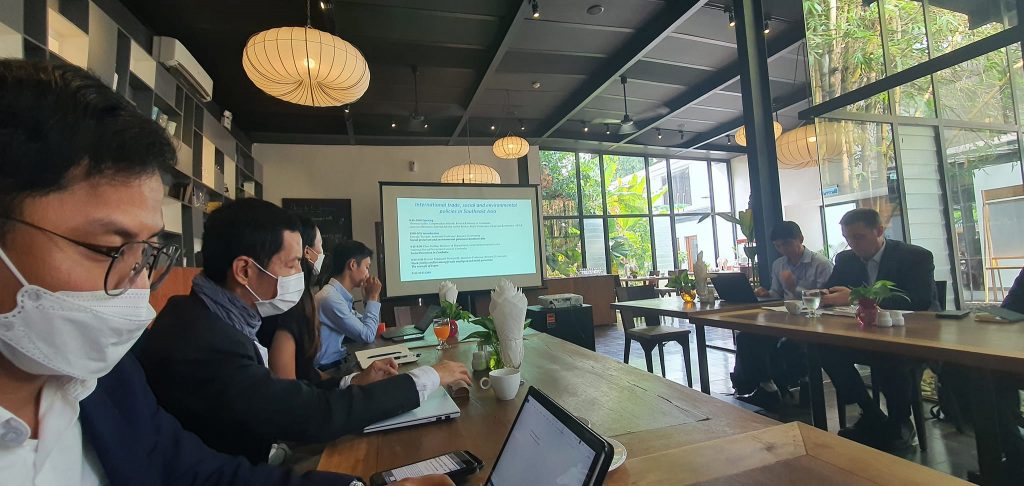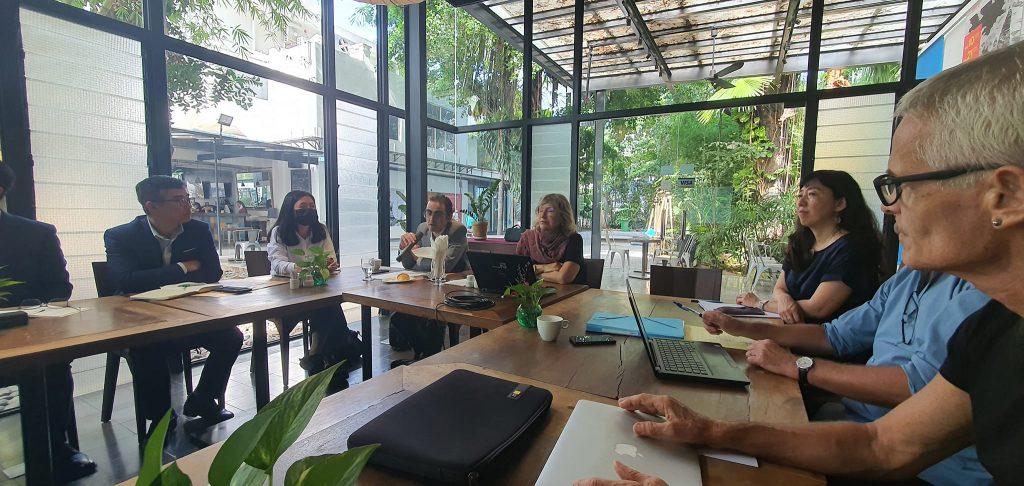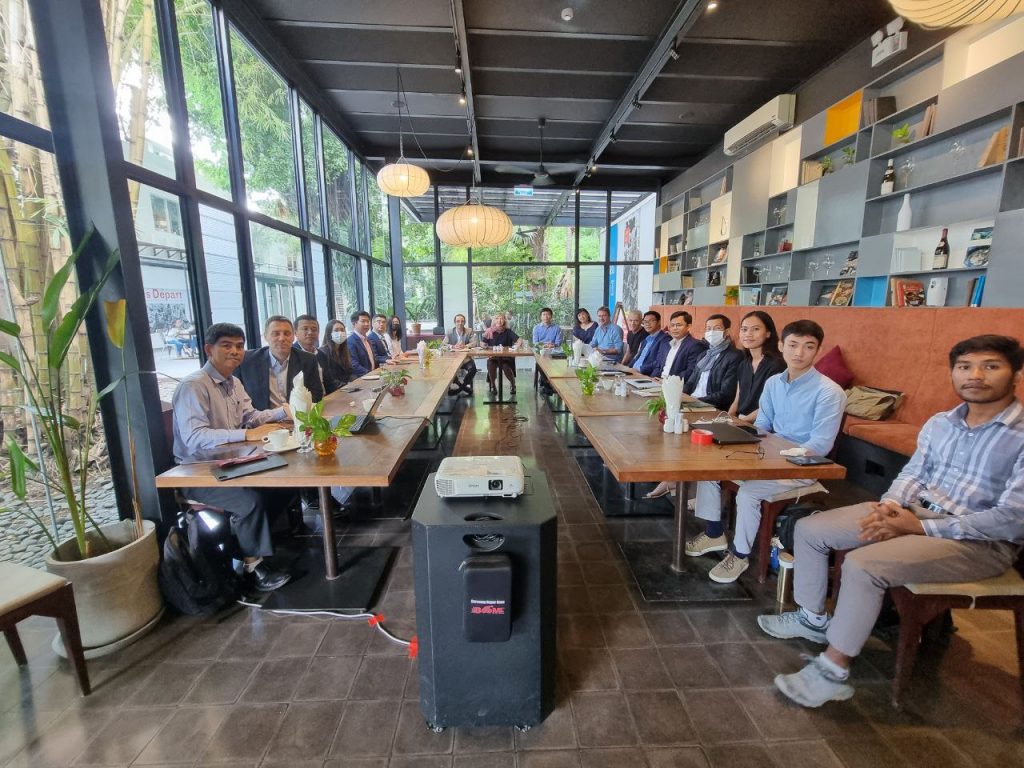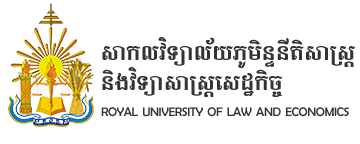Southeast Asia has become one of the most dynamic regions in international trade. Its participation in global value chains has increased and manufacturing industry plays a key role in its economic growth. However, as the emerging Asian economies are heavily dependent upon tourism and exports, they have been particularly affected by the pandemic-induced global recession, putting key growth drivers under strain and narrowing fiscal space. The crisis has also increased the need to strengthen the capacity of the health system and to implement social policy measures against the rise of poverty and social inequalities.
Southeast Asia has been also increasingly exposed to climate change. The region experiences a disproportionate amount of climate disasters and extreme weather events, which have significant impact on the region’s economies. COVID-19 has accelerated climate and social awareness in Southeast Asia, reinforcing the need to develop more resilient, localized supply chains, to reduce inequalities and to develop social protection, especially health cover. Therefore, transition to an environmentally sustainable growth model is a critical issue for its future.
In such a context, the workshop that took place on May 18th aimed at analyzing the links between international competitiveness and labor standards, the role of social and environmental policies and their
contribution to sustainable development in the region. It discussed how social and environmental protection systems could be combined and it will ask to what extent taking environmental protection into account may or may not represent an asset in terms of social development.
RULE and Rennes 2 University got the pleasure to receive support from the French Embassy and to welcome researchers from diverse institutions such as RUPP, CD-Center, Future Forum, Asia Vision Institute. The discussion went well and we hope to publish soon the best excerpts from this seminar.




 ភាសាខ្មែរ
ភាសាខ្មែរ